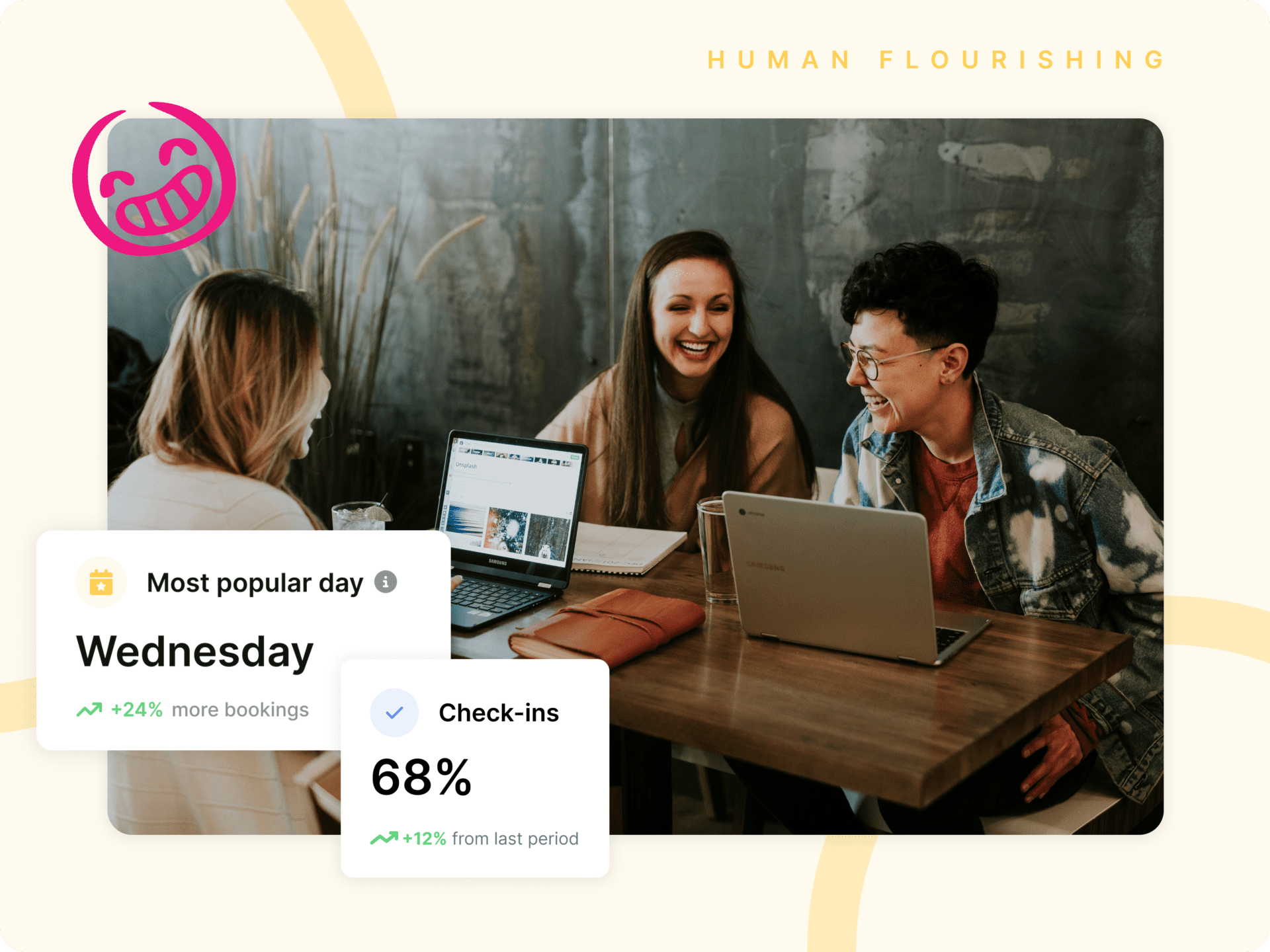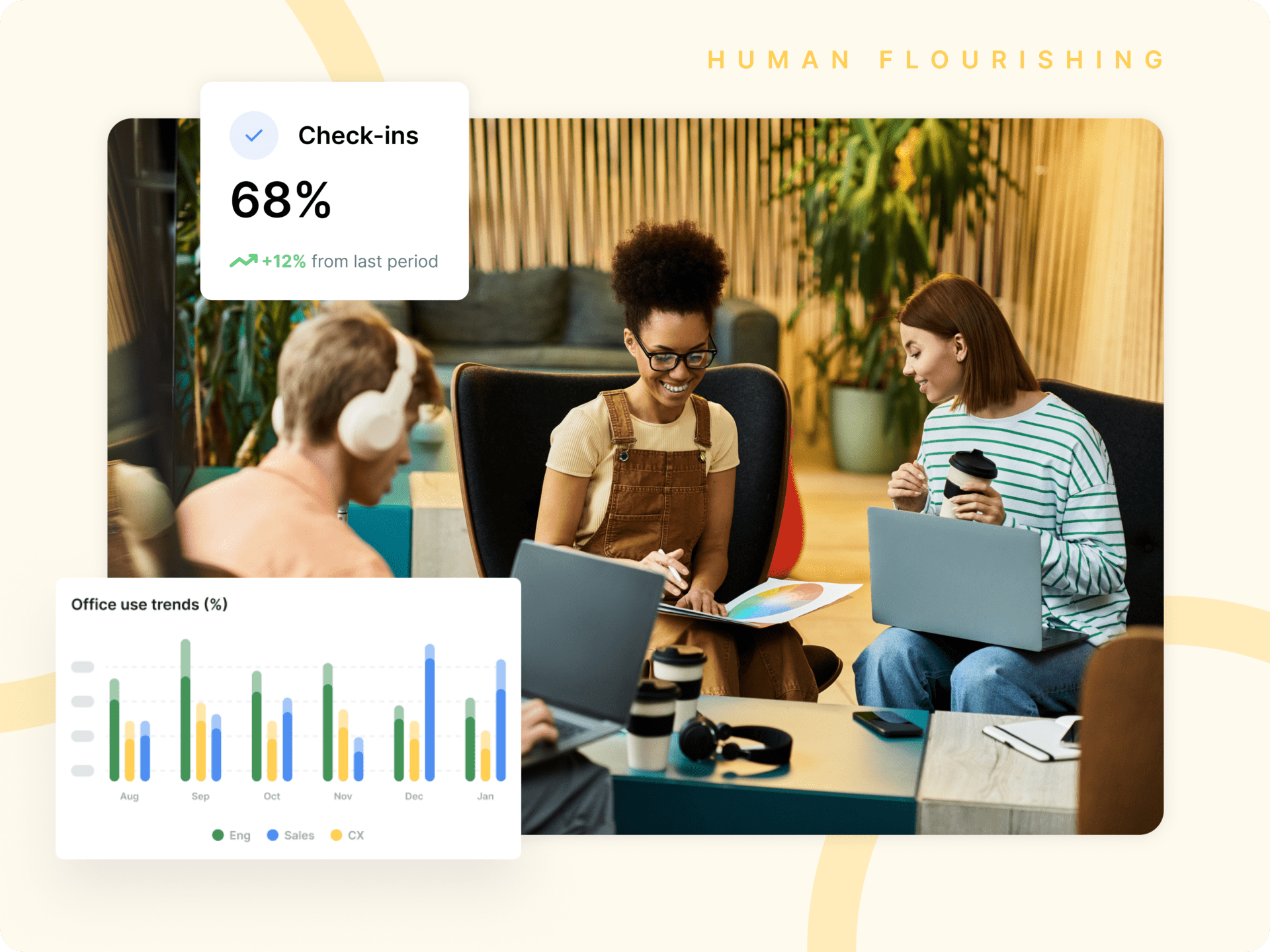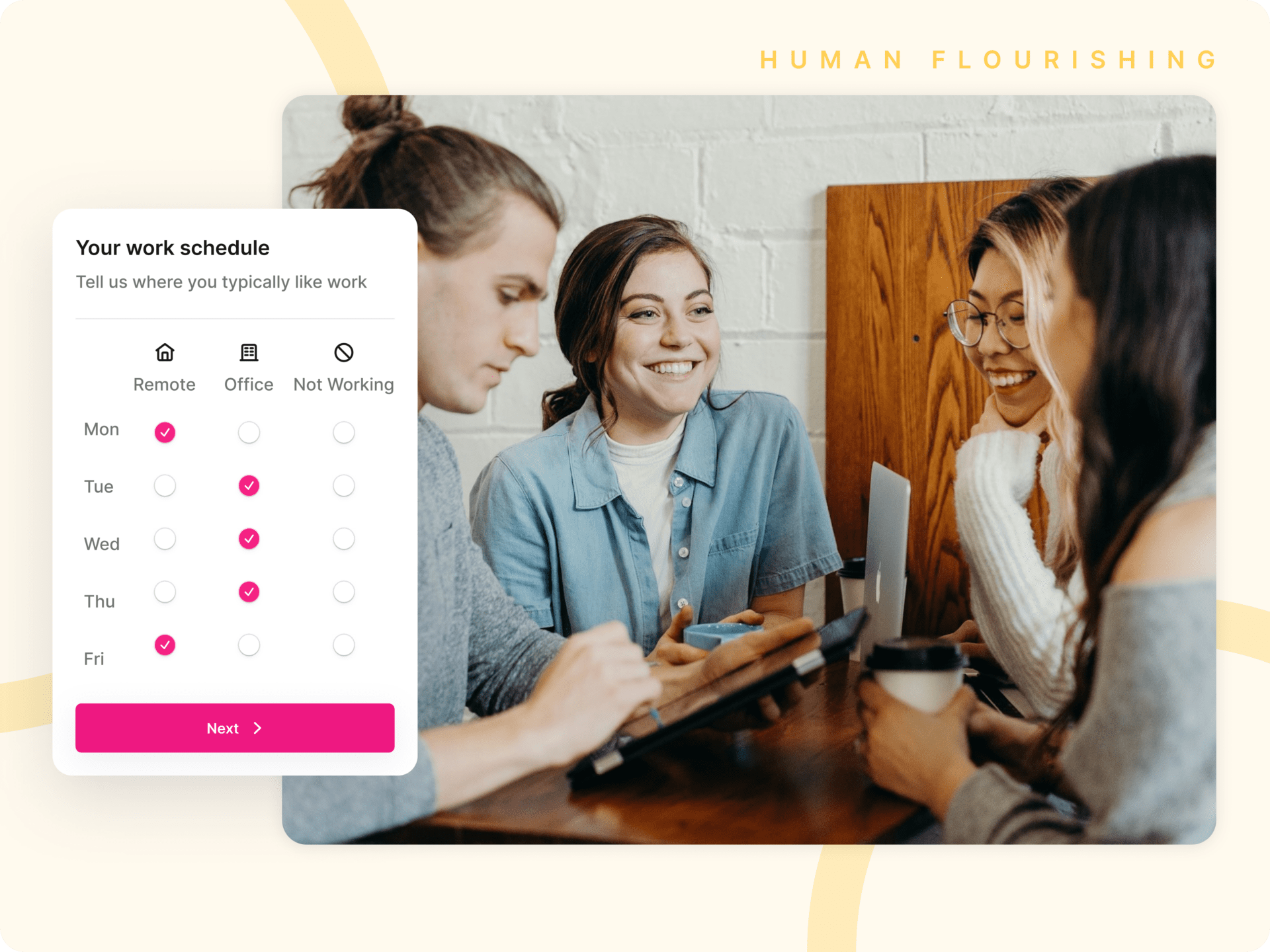The world of work is going through a mental health challenge.
The rise of remote working — with all of its great benefits – has meant employees are more socially isolated than they ever have been.
Our work schedules are now flexible and adaptable, and that’s great — but not when it comes at the expense of connection and community.
As the founder of R;pple, I’ve seen first hand how deeply work can impact our mental health.
So here’s some key information on how mental health is affected by the workplace, and what you need to know to get the right help and support.
Work-related stress and loneliness is on the rise
The numbers paint a clear picture.
71% of adults in the US report at least one symptom of stress, while the number of people experiencing loneliness has doubled since 2019.
And it’s a vicious cycle — the more stress we experience at work, the more it affects our ability to get any work done at all. The CDC revealed that mental health conditions reduce cognitive performance 35% of the time.
What’s perhaps more worrying is that only 57% of employees who report moderate depression (and 40% with severe symptoms) are actively receiving treatment to control their symptoms.
The bottom line: our mental health is inextricably linked to the workplace — and we need to act fast to provide the proper support to our teams and employees.
Hybrid systems help develop community
The dawn of remote work brought about monumental changes to how we get work done.
In most sectors, employees are now in the unique position of being able to spend a considerable amount of their time working from their home office. Often, that time is spent alone.
The flexibility of home office has come at a cost. We’re losing out on what was a crucial part of the “old” way of working: people.
Luckily, there’s another movement that is building momentum and providing a balance to how we go about our work weeks.
Hybrid work offers a structure that combines elements of remote and in-person work to ensure employees are never spending too much time in their own silos.
By encouraging in-person work as a way to reconnect with your colleagues, get social validation and feel part of a community, hybrid work presents an important step towards ensuring the workplace contributes to our mental health positively.
And yet there’s always more we can do to provide support!
R;pple – giving people the support they need
When it comes to the more severe symptoms of mental health, help becomes more of an urgent and serious matter.
Online searches for suicide methods have increased by 50% in the last 2 years, with searches for suicide support lines also up by 150% since January 2019.
To ensure more help and support is given to individuals searching for harmful content online, I set up R;pple – a digital tool that can provide immediate support and comfort to people searching for harmful content relating to the topic of suicide and self-harm.
Once they have installed R;pple, if someone searches for harmful content online, they will be:
- Provided with guided breathing exercises.
- Presented with reassuring messages.
- Given immediate access to help lines and mental health services to use now and in the longer term.
With over 1.8 million downloads and over 38,000 harmful searches intercepted, R;pple’s impact extends all the way from individuals to organizations. Companies like KPMG, West Ham United FC, and the University of Portsmouth have all recognized the importance of safeguarding their communities.
By deploying R;pple as a browser extension on their company-issued devices or integrating it into their Wi-Fi networks, they’re taking proactive steps to ensure no call for help goes unanswered.
The Key Takeaway
The workplace, whether physical or virtual, plays a crucial role in our overall mental well-being.
As the lines between work and home continue to blur, especially in hybrid and remote work settings, it’s imperative that employers prioritize mental health as a key component of their organizational culture.
R;pple serves as a critical tool in this mission, enabling companies to extend a hand of support to those in need, at the moment they need it the most.
By providing an immediate response to those seeking harmful content online, we’re not just preventing potential tragedies; we’re opening doors to conversations about mental health, reducing stigma, and fostering an environment where seeking help is not only encouraged but normalized.
Alice Hendy MBE founded R;pple after losing her brother, Josh, to suicide in November 2020. R;pple is a digital tool that can provide immediate support and comfort to people searching for harmful content relating to the topic of suicide and self-harm. Alice also works as a Global Cyber Security Manager for a large consultancy firm.




